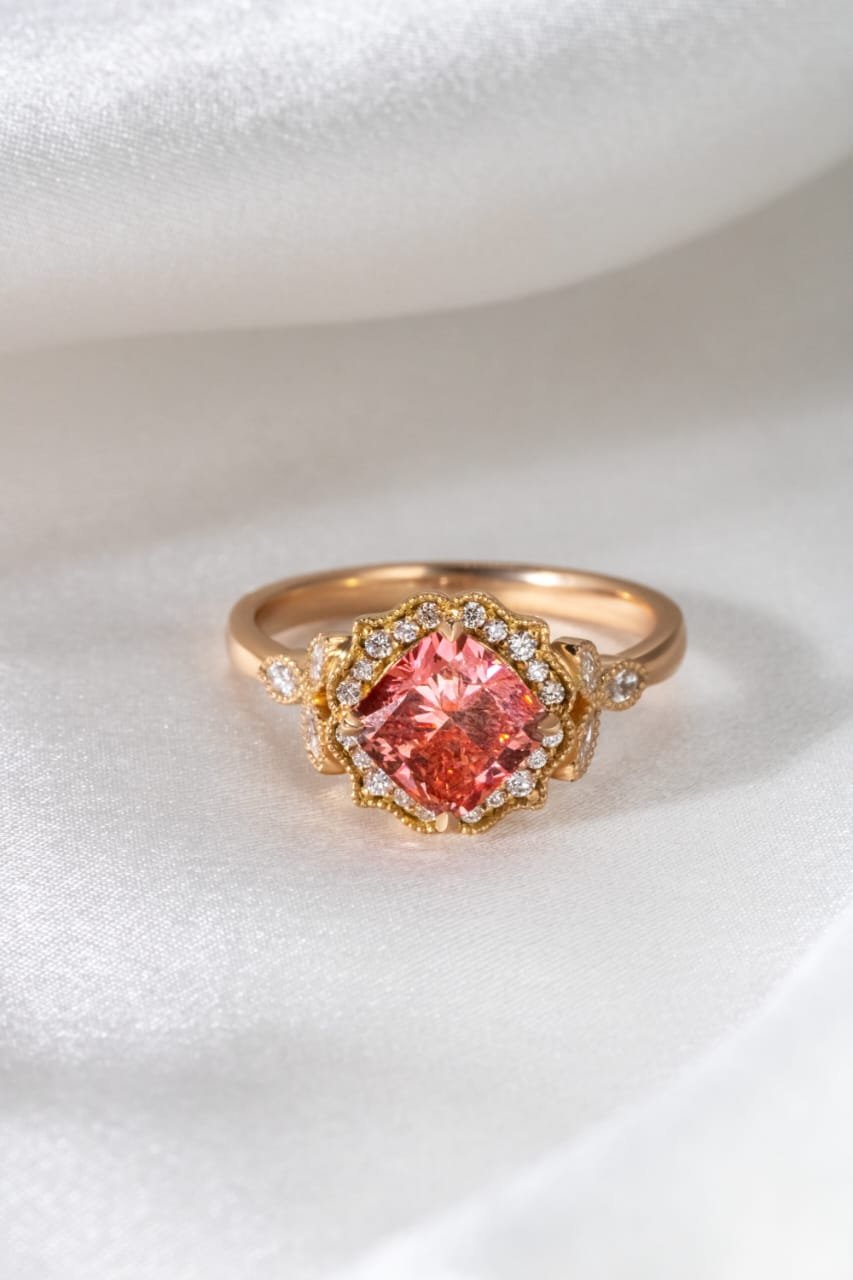Choosing the right fabric for men’s clergy jackets is crucial for comfort, appearance, and durability. Different materials offer various benefits, and knowing about them can help in selecting the best one for pastor attire. Let’s explore the fabrics commonly used in men’s clergy jackets and understand why they are preferred.
Importance of Fabric in Men’s Clergy Jackets
The fabric used in men’s clergy jackets plays a vital role in how the jacket looks and feels. It affects the comfort, breathability, and durability of the garment. Since clergy members often wear these jackets for long periods during services, the right fabric ensures they remain comfortable and focused on their duties.
Common Fabrics Used in Men’s Clergy Jackets
1. Wool
Wool is one of the most popular fabrics for men’s clergy jackets. It is known for its warmth, durability, and elegant appearance. Wool jackets are perfect for cooler weather, providing insulation without being too bulky.
- Pros: Warm, durable, elegant, breathable
- Cons: Can be heavy, requires dry cleaning
2. Polyester
Polyester is another common fabric used in men’s clergy jackets. It is lightweight, durable, and easy to care for. Polyester jackets are often blended with other materials to improve their feel and appearance.
- Pros: Lightweight, durable, easy to care for, wrinkle-resistant
- Cons: Less breathable than natural fibers, can be less comfortable
3. Cotton
Cotton is a natural fabric that is soft, breathable, and comfortable. It is ideal for men’s clergy jackets worn in warmer climates. Cotton jackets are easy to care for and provide a casual yet refined look.
- Pros: Soft, breathable, comfortable, easy to care for
- Cons: Can wrinkle easily, less durable than synthetic fabrics
4. Linen
Linen is a lightweight and breathable fabric, perfect for summer. Men’s clergy jackets made from linen are cool and comfortable, making them ideal for hot weather.
- Pros: Lightweight, breathable, cool, comfortable
- Cons: Wrinkles easily, requires careful maintenance
5. Silk
Silk is a luxurious fabric that is sometimes used in men’s clergy jackets for special occasions. It has a smooth texture and a beautiful sheen, adding a touch of elegance to pastor attire.
- Pros: Luxurious, smooth, elegant, lightweight
- Cons: Expensive, requires delicate care, not very durable
6. Blended Fabrics
Blended fabrics combine the best qualities of different materials. For example, a blend of wool and polyester can offer the warmth of wool and the durability of polyester. These blends are designed to improve the overall performance of the fabric.
- Pros: Combines benefits of different materials, improved performance, versatile
- Cons: Quality can vary, may not have the pure benefits of individual fabrics
Choosing the Right Fabric for Men’s Clergy Jackets
When selecting fabric for men’s clergy jackets, consider the following factors:
Climate
The climate where the jacket will be worn plays a significant role in fabric choice. Wool and blended fabrics are ideal for colder weather, while cotton and linen are better for warmer climates.
Occasion
The occasion can also influence the choice of fabric. For everyday pastor attire, comfortable and easy-to-care-for fabrics like cotton or polyester blends are suitable. For special occasions, more luxurious fabrics like silk may be preferred.
Comfort
Comfort is crucial for men’s clergy jackets, as they are often worn for extended periods. Natural fabrics like cotton and wool offer better breathability and comfort compared to synthetic fabrics.
Durability
Durability is another important factor. Fabrics like wool and polyester are known for their durability and can withstand regular wear and tear. Cotton, while comfortable, may not be as durable as synthetic fabrics.
Caring for Men’s Clergy Jackets
Proper care is essential to maintain the quality and appearance of men’s clergy jackets. Here are some tips for caring for different fabrics:
Wool
Wool jackets should be dry cleaned to maintain their shape and texture. Store them in a cool, dry place and use a garment bag to protect them from moths.
Polyester
Polyester jackets can be machine washed, but it’s best to follow the care instructions on the label. They are generally wrinkle-resistant but can be ironed on a low setting if needed.
Cotton
Cotton jackets can be machine washed and ironed. However, they can wrinkle easily, so proper storage and handling are essential.
Linen
Linen jackets should be hand washed or dry cleaned to prevent shrinkage and maintain their shape. Iron them while they are slightly damp to remove wrinkles.
Silk
Silk jackets require delicate care. They should be dry cleaned and stored in a cool, dark place to prevent damage from light and moisture.
The Role of Fabric in Pastor Attire
The fabric of men’s clergy jackets significantly impacts the overall look and feel of pastor attire. It affects how the jacket drapes, its texture, and its durability. Choosing the right fabric ensures that clergy members look presentable and feel comfortable during their duties.
The Evolution of Fabrics in Men’s Clergy Jackets
Over the years, the fabrics used in men’s clergy jackets have evolved. Traditional fabrics like wool and cotton have been complemented by modern synthetic blends, offering a wider range of options. This evolution reflects the changing needs and preferences of clergy members, ensuring that their attire remains both functional and stylish.
Modern Trends in Fabrics for Men’s Clergy Jackets
Modern trends in fabrics for men’s clergy jackets include the use of environmentally friendly materials and advanced fabric technologies. Sustainable fabrics, like organic cotton and recycled polyester, are becoming more popular. Additionally, performance fabrics that offer moisture-wicking and anti-microbial properties are also gaining traction, providing enhanced comfort and functionality.
Conclusion
Choosing the right fabric for men’s clergy jackets is essential for creating comfortable and stylish pastor attire. From traditional wool to modern synthetic blends, each fabric offers unique benefits. By understanding the characteristics of different fabrics, clergy members can select jackets that meet their needs and preferences.
Whether it’s for everyday wear or special occasions, the fabric of a clergy jacket plays a crucial role in ensuring comfort, durability, and a polished appearance. By considering factors like climate, occasion, and personal comfort, it’s possible to find the perfect men’s clergy jacket that aligns with both practical and aesthetic requirements.










